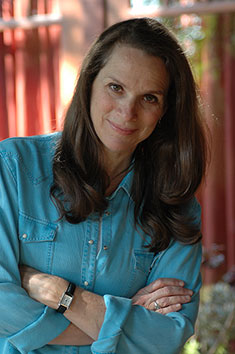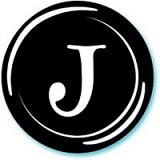Every two weeks, a van would pick up the participants at home and bring them to the Aftercare Clinic, where they received a shot of Prolixin, attended group therapy sessions and saw their social worker and a psychiatrist. From time to time, the subjects and their families filled out questionnaires and were interviewed; they were given MRI scans and hooked to electrodes.
In the controversial second protocol of the experiment, the researchers continued to track symptoms and test for relapse variables, but now the patient-subjects were withdrawn from the stabilizing Prolixin in a "Double Blind Drug Crossover and Removal." The subjects were randomly divided into two groups, with 12 weeks on medication, then 12 weeks on a placebo, or vice versa. After that, "all clinically appropriate" subjects--those who had remained relatively stable on a placebo--received no medication at all for as long as 18 months.
The goal of "Developmental Processes" was to identify predictors of schizophrenic psychosis. Such research, the doctors said, would not only further basic understanding of the disease, it would be of immense practical value in treatment, especially the results of the drug-withdrawal protocol. That information could help establish when and if recent-onset patients could do without medication, and thereby escape such horrific side effects as tardive dyskinesia, a sometimes irreversible neuromuscular disorder marked by facial grimaces, tics, trembling hands and tongue thrusts.
And the risks? "The potential risk in the study," one of Nuechterlein's grant applications said of the second protocol, "is that clinical exacerbation or relapse can be expected to occur in some of our patient subjects, probably in most. . . ." By comparison, the application indicated, if the patient-subjects stayed on antipsychotics, most would also be expected to backslide, but "the exacerbation or relapse would be later in many cases. . . ." If the symptoms were deemed serious according to certain criteria, a "decompensating" participant would be withdrawn from the study and treated "as per the clinical needs" of the situation. In any case, the researchers expected some of their patient-subjects to regress to the point of experiencing "hallucinations, unusual thought content, bizarreness, self-neglect, hostility, depressive mood and suicidality." They just didn't know who, or when.
TONY LAMADRID HAD ALWAYS HAD A TOUGH LIFE, BUT UNTIL HIS MIND BEGAN to unravel, when he was a freshman at UCLA, he managed to keep a sense of humor about it. The youngest of four brothers, he was born "in that town where Bugs Bunny always makes a wrong turn, Albuquerque," he once wrote in an essay. When he was 2, his mother died of cancer. At his 15th birthday party, his father died of a heart attack. He was raised "in a traditional Hispanic fashion" by his father's sister and his grandmother in Santa Monica. An honors student at Santa Monica High School, he appears in his picture in the 1984 Nautilus yearbook as a baby-faced teen-ager with a turned-up nose and elfin grin, wearing a sports coat and a thick-striped tie.
As his brothers Larry and Mark remember it, Tony's deterioration was sudden, "literally overnight." In the fall of 1985, their brother, who lived with them in a small Santa Monica apartment, got on a bus to go to UCLA to visit some friends and never got off. Disoriented, he was beginning to show signs of paranoia and wound up in Downtown Los Angeles, where he was mugged and picked up by police. He spent the night in County Jail and was transferred to UCLA Harbor General. From there, doctors referred him to UCLA.
This past April, I met with Larry and Mark Lamadrid. Larry teaches science at Lennox Middle School and Mark teaches English as a second language at a Westside high school. Remembers Larry: "We thought, UCLA--great. Aftercare Clinic? Sounds great. Sounds very positive. Very progressive. We really didn't realize at that point it was primarily a study."
"UCLA had a lot of prestige," adds Mark. "He was taking classes there, anyway. They were going to give him medication and counseling. They told us it was an experimental project. In return, the family would be taking part in a study. They interviewed us individually and with our brother, Tony."
Once their brother had been stabilized, he was ready to enter the double-blind phase of the experiment. But the brothers claim that if they had understood the possible harm to Tony, they would never have participated or allowed him to, either. What they had to go on, they say, was primarily the consent form their brother was required to sign.



